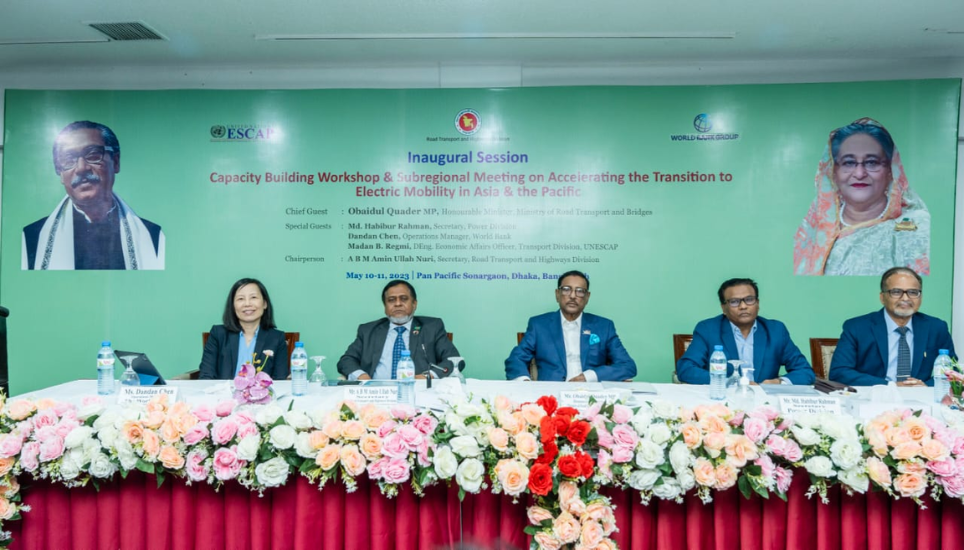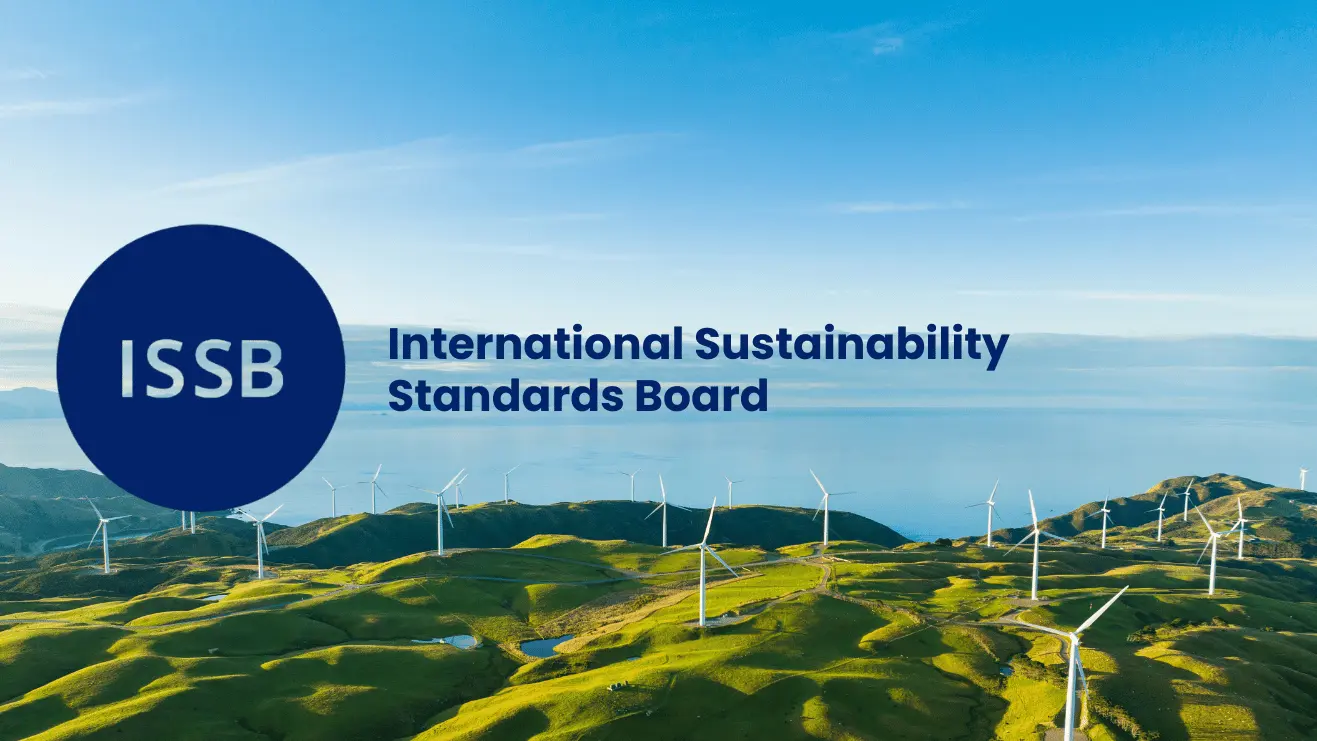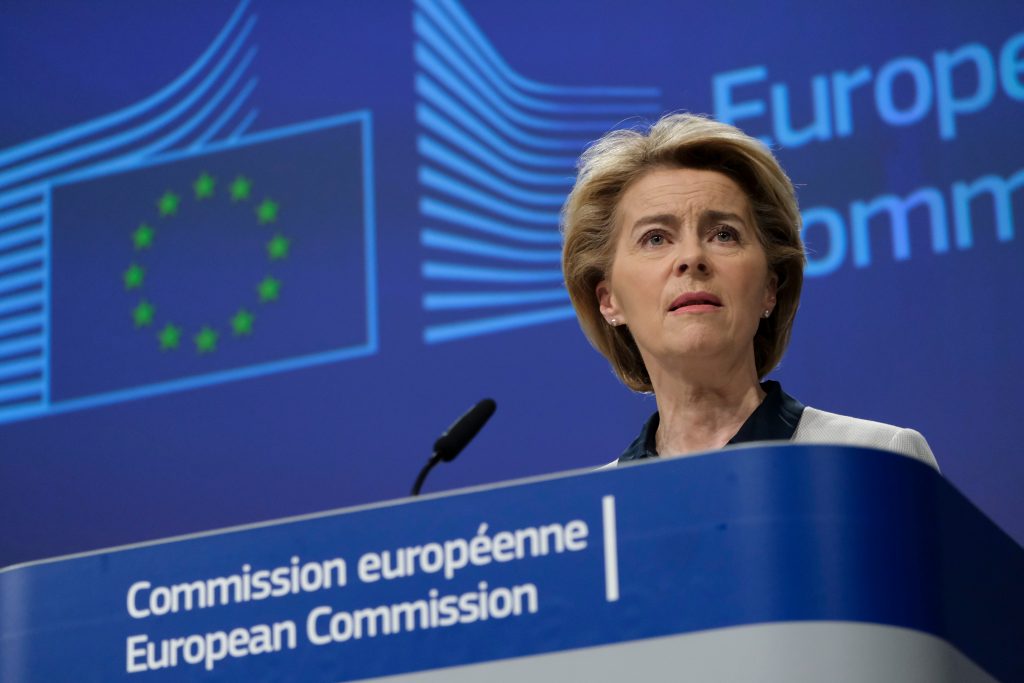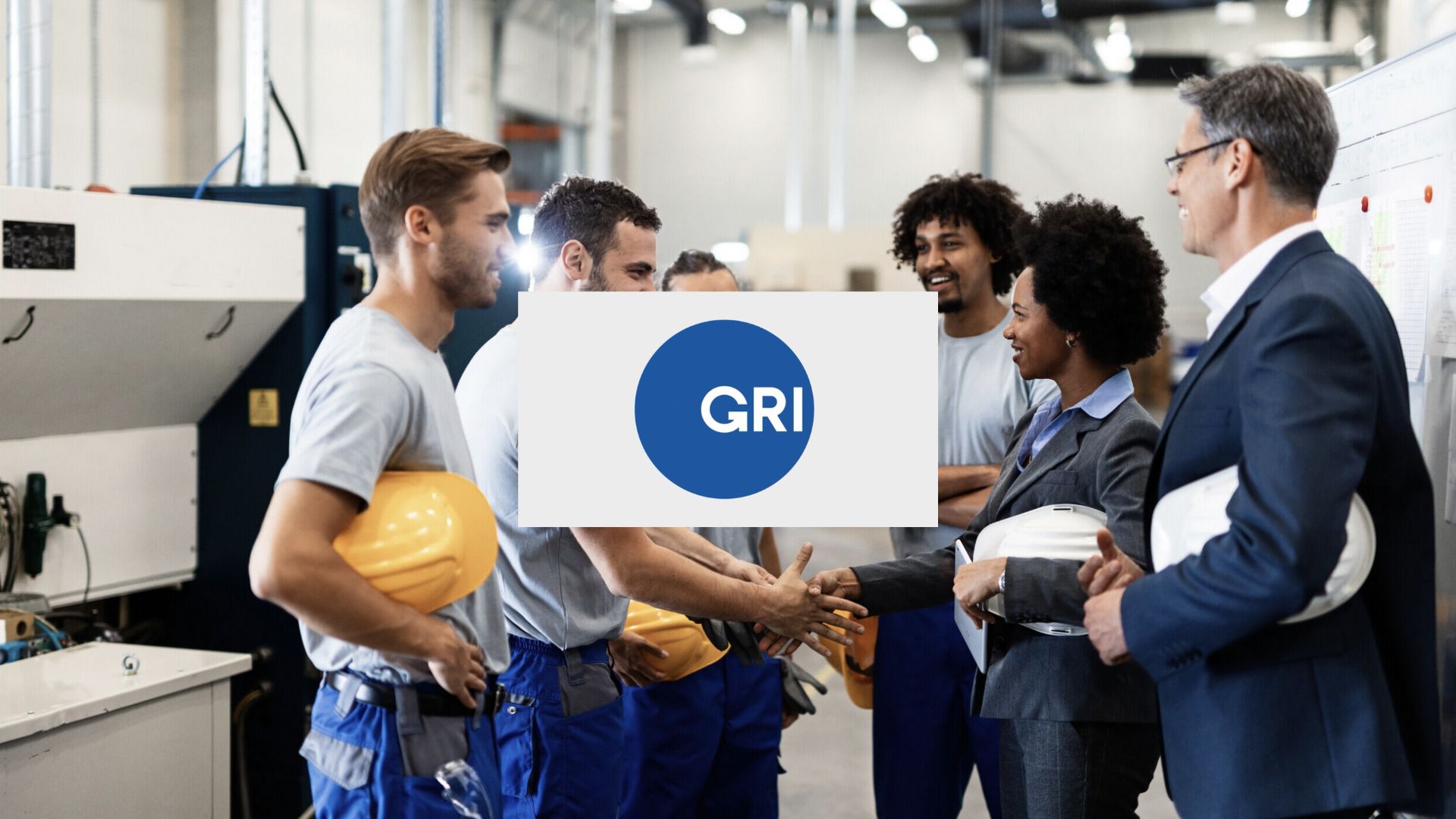ESCAP & World Bank Team to Accelerate Transition to Electric Mobility in Asia and the Pacific

|
Listen to this story:
|
The United Nations Economic and Social Commission for Asia and the Pacific (ESCAP), in collaboration with the Ministry of Road Transport and Bridges of Bangladesh and the World Bank, held a workshop to accelerate the transition to electric mobility in public transport across South Asia and Southeast Asia.
With the transport sector responsible for approximately 25% of global CO2 emissions, decarbonization is crucial to achieve the Paris Agreement’s objectives of limiting global warming to well below 2°C compared to pre-industrial levels. Electric vehicles (EVs) present a viable solution to significantly reduce vehicle emissions in cities and reduce reliance on fossil fuel imports for transport.
The transport sector plays a critical role in driving economic growth, but it is also the largest consumer of petroleum products in Bangladesh, accounting for 63% of consumption Unfortunately, the sector is also responsible for 15% of the country’s total emissions, making it the second-highest domestic source of energy-related emissions and one of the fastest-growing in the region.
See related article: World Bank Group Outlines Brazil’s Opportunities for Climate Action and Growth
It is crucial to decarbonize the transportation sector in order to advance Bangladesh’s sustainable development objectives, steer the country towards a more eco-friendly path, and enhance access to employment and services, as emphasized in the World Bank’s Country Climate and Development Report.
“Bangladesh must pick its own roadmap for the EV transition, beginning with which segments of e-mobility it wants to focus on,” said Dandan Chen, World Bank Operations Manager. “We believe that the most significant opportunities lie in the 2/3-wheeler and public transport sectors, as they make economic sense and serve the majority.”
The workshop’s main objectives were to ceate awareness of EV development in the subregion and Bangladesh, enhance the capacity of policy makers, encourage Regional Cooperation Mechanism on Low Carbon Transport, and to facilitate discussions on policy recommendations and for accelerating the transition to electric mobility of public transport in Bangladesh.







